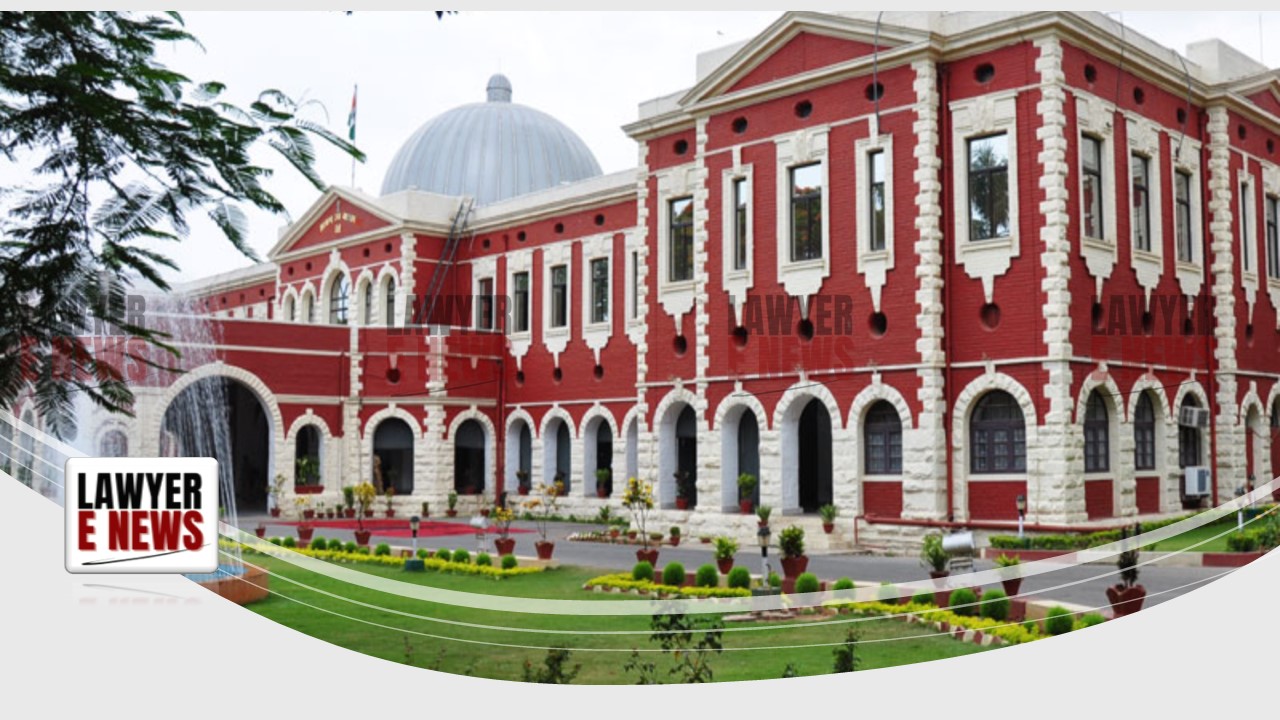-
by sayum
14 February 2026 2:22 PM



In a significant ruling, the Jharkhand High Court has modified the sentence of Birendra Prasad Mehta, convicted for causing death by negligence in a 2003 road accident. The court, while upholding the conviction under Sections 279 and 304-A of the Indian Penal Code (IPC), ruled that the imprisonment already served by Mehta is sufficient punishment, given his age and the time elapsed since the incident.
On March 21, 2003, Punita Devi was fatally injured when a truck driven by Birendra Prasad Mehta hit her near Satbarwa. Despite immediate efforts to seek medical attention, she succumbed to her injuries en route to RIMS Ranchi. A case was registered, and Mehta was subsequently convicted by the Chief Judicial Magistrate, Palamau, and sentenced to six months’ imprisonment for rash driving and one year for causing death by negligence.
Mehta’s appeal against the trial court’s decision was dismissed by the Additional Sessions Judge, Palamau, in 2015. This led to the current revision petition in the High Court, where Mehta’s counsel argued that crucial evidence was not duly proved, and the witnesses provided inconsistent testimonies.
Justice Pradeep Kumar Srivastava, presiding over the revision petition, meticulously examined the arguments and evidence presented. The court noted the following key points:
Eyewitness Testimonies: The defense highlighted inconsistencies in eyewitness accounts, particularly regarding the manner of the accident and the identification of Mehta as the driver. Witnesses testified that the deceased crossed the road negligently, leading to the accident.
Medical and Investigative Evidence: The defense argued the absence of crucial evidence such as the MVI report, inquest report, post-mortem report, and testimony from the investigating officer and the doctor who conducted the autopsy. These omissions were presented as significant gaps in the prosecution’s case.
Petitioner’s Circumstances: Considering the petitioner’s advanced age and the time elapsed since the accident, the court found merit in the argument for leniency. Mehta had already served a portion of his sentence and had ceased driving.
The court emphasized the principle of proportionality in sentencing, particularly for non-violent offenses like those under Sections 279 and 304-A IPC. “The petitioner’s conduct post-accident and his advanced age warrant a reconsideration of the sentence,” the court observed.
Justice Srivastava remarked, “The imprisonment already undergone by the petitioner during the trial period appears to be sufficient punishment. This case serves as a reminder of the need for proportional sentencing, especially where the convict has demonstrated significant changes in lifestyle and behavior.”
The Jharkhand High Court’s decision to modify the sentence in this long-pending case underscores the judiciary’s balanced approach towards justice. By upholding the conviction but reducing the sentence to the time already served, the court has highlighted the importance of considering individual circumstances and the passage of time in delivering fair and humane justice. This ruling is expected to influence future cases involving non-violent offenses and the application of the Probation of Offenders Act.
Date of Decision:May 17, 2024
Birendra Prasad Mehta vs. The State of Jharkhand
